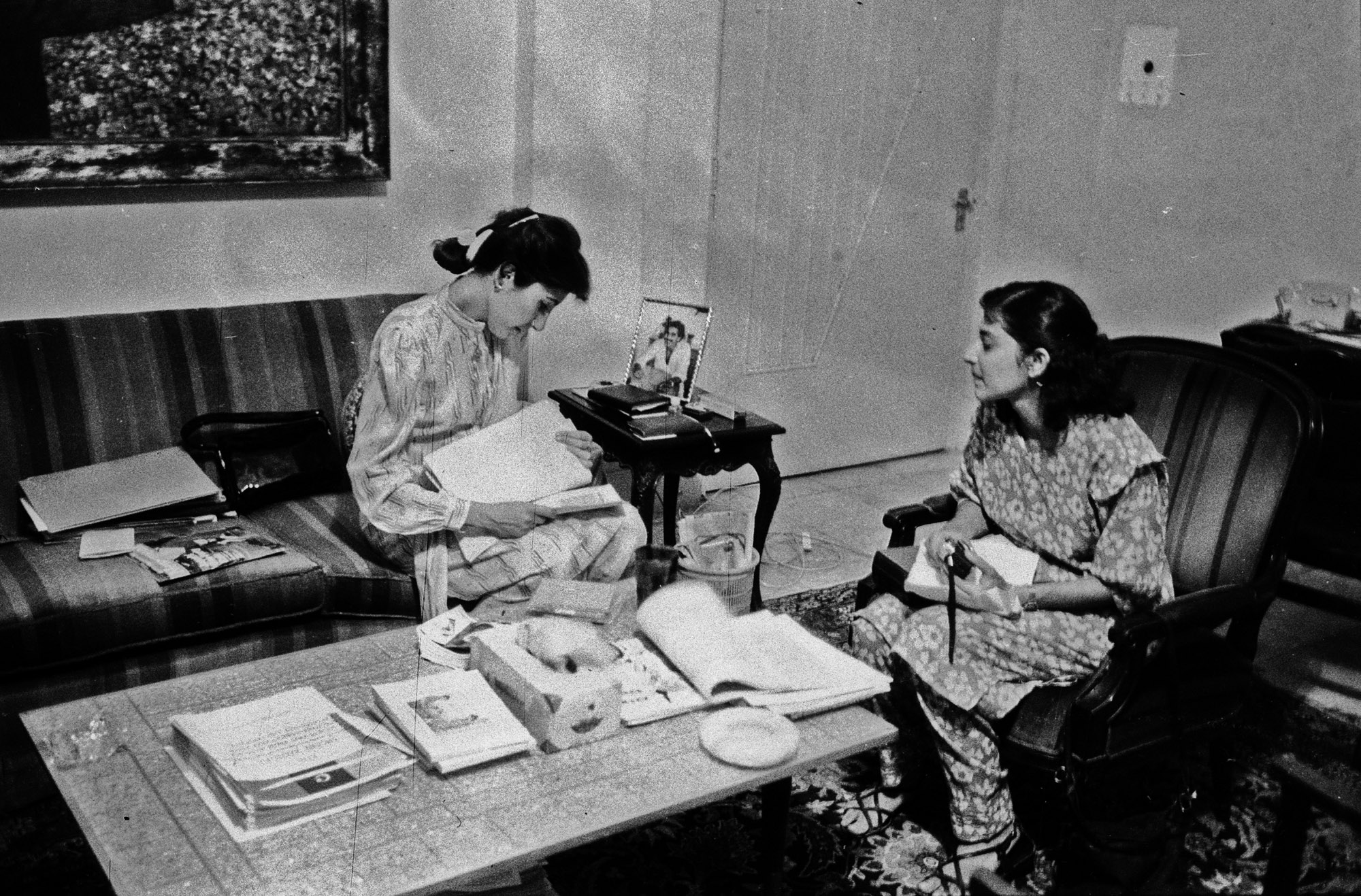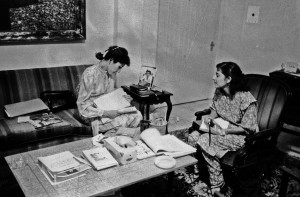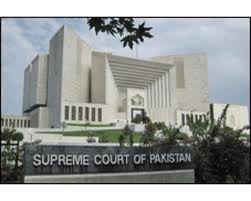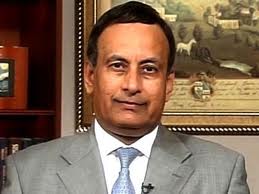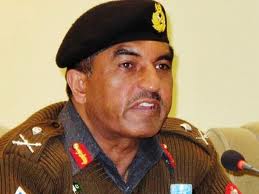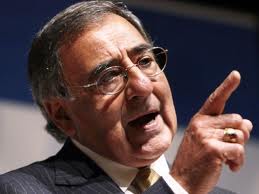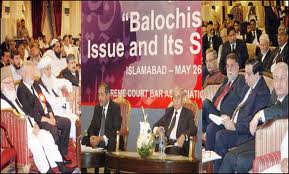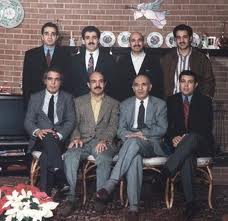
WASHINGTON — With the end in sight for Hamid Karzai’s days in office as Afghanistan’s president, members of his family are trying to protect their status, weighing how to hold on to power while secretly fighting among themselves for control of the fortune they have amassed in the last decade.
One brother, Qayum Karzai, is mulling a run for the presidency when his brother steps down in 2014. Other brothers have been battling over the crown jewel in the family empire — the largest private residential development in Afghanistan. The conflict over the project, known as Aino Mena, has provoked accusations of theft and extortion, even reports of an assassination plot.
“It’s family,” Qayum Karzai said. “They get upset, and over time they get over it. I hope they get over it.”
One Karzai brother is also said to have imprisoned a longtime Karzai aide in an effort to make him disclose the whereabouts of money and assets that relatives suspect were hidden by Ahmed Wali Karzai, another of President Karzai’s brothers and the political boss of southern Afghanistan who was assassinated last year. He was often accused of benefiting from the Afghan opium trade and an array of corrupt deals, though he denied such claims.
The looming withdrawal of American and NATO troops by 2014 from the still unresolved war, along with President Karzai’s coming exit, is causing anxiety among the Afghan elite who have been among the war’s biggest beneficiaries, enriching themselves from American military contracts, insider business deals with foreign companies, government corruption and narcotics trafficking.
“If you are one of the Afghan oligarchs, where you put your money and where you live is an open question now,” Seth Jones, an analyst at the RAND Corporation, said. “That means you are thinking about moving your money and finding a backup option about where to live.”
The president’s family — many of whom are American citizens who returned to Afghanistan after an American-led coalition toppled the Taliban in 2001 and brought Mr. Karzai to power — are among those who have prospered the most, by the accounts of many Afghan businessmen and government insiders.
Several political observers in Kabul said any candidacy by Qayum Karzai, a longtime Maryland resident who has served in the Afghan Parliament, would be a long shot because of the nation’s fatigue with Hamid Karzai and widespread resentment over the rampant corruption that has tainted his government.
Even some of the Karzai family’s own business partners are among the critics.
“We have an illegitimate and irresponsible government because of Karzai and his family,” said Abdullah Nadi, an Afghan-American developer from Virginia who is a partner in the Aino Mena housing development, but who is trying to get out of the venture.
While exploiting their opportunities in Afghanistan, the extended Karzai family has for years simmered with tensions, jealousies, business rivalries, blood feuds and even accusations of murder. With the often-fractious family, it can be difficult to discern the truth, but everyone agrees that the conflict over control of its empire can be traced back to the death in July 2011 of Ahmed Wali Karzai, who had risen from working as a waiter in Chicago to become one of the most powerful men in Afghanistan, serving as the chairman of the Kandahar Provincial Council.
His murder, by an Afghan thought to be a loyal supporter, left a power vacuum in Kandahar — and in the Karzai family.
President Karzai appointed another brother, Shah Wali Karzai, to take on their slain brother’s role as head of the Populzai, the Karzai’s family tribe.
No one expected much from him. Quiet and reserved, he was largely overshadowed by Ahmed Wali Karzai, and even lived in his more powerful brother’s compound in Kandahar.
But Shah Wali Karzai has been transformed in the past year. In addition to his role as tribal chief, he serves as project manager of Aino Mena, the sprawling residential development on the outskirts of Kandahar being developed by AFCO, a corporation owned by another brother, Mahmoud Karzai, and his four partners.
They have built 3,000 homes, with plans for a total of 14,700. The developers are building on 10,000 acres, land that Afghan military officials have claimed was illegally seized from the Ministry of Defense.
Emboldened after Ahmed Wali Karzai’s death, Shah Wali Karzai appeared no longer satisfied to serve just as an employee at Aino Mena. At some point in the past few months, he created his own corporation in Kandahar and then secretly moved all of the cash from the housing development’s bank accounts to those of his new business.
According to several AFCO partners, Shah Wali Karzai had transferred about $55 million. “He simply opened another company, and put the money in that company,” Mahmoud Karzai said in an interview.
Mr. Nadi, one of the partners in Aino Mena, accused Shah Wali Karzai of forging his signature on documents to make it appear as if he had approved the creation of Shah Wali Karzai’s company as the new corporate parent of Aino Mena. “I had no clue what the hell was going on,” Mr. Nadi said in an interview.
When Mahmoud Karzai discovered what his brother had done, he demanded that Shah Wali return the money. But Shah Wali refused, and instead insisted that he be made a partner in Aino Mena. Mahmoud and his partners refused, and the two sides settled into a bitter stalemate.
Shah Wali Karzai does not deny transferring the money to his corporation. But he justified his actions by saying that he is protecting the money for the sake of the people of Kandahar. He has told others in Kandahar that if he had not taken the money, Mahmoud Karzai could have moved it to secret bank accounts in Dubai. Aino Mena would then have risked failure just like Kabul Bank, another of Mahmoud Karzai’s business ventures, he argued.
Mahmoud Karzai was a key figure in the scandal surrounding the near-collapse of the bank, which was Afghanistan’s largest, in 2010. It lost about $900 million in insider deals, much of which is believed to have ended up in secret bank accounts in Dubai. Last year, a federal grand jury in New York began a criminal investigation into Mahmoud Karzai’s business activities in Afghanistan, pursuing accusations of tax evasion, racketeering and extortion. No charges have been brought against Mahmoud Karzai, who is a United States citizen.
“The money belongs to the people of Kandahar,” Shah Wali Karzai said in a statement in response to questions about transferring the housing development funds. “They paid much of that money for the infrastructure at Aino Mena.”
He added, “When I became project manager, they owed money to the bank and local contractors, and all the money was paid off as I turned around that company from an almost bankrupt one to a successful one.”
Mahmoud Karzai said he and his partners have filed complaints with the Afghan attorney general, accusing Shah Wali Karzai of stealing their money and using extortion to gain a partnership stake in Aino Mena. The attorney general has refused to move against Shah Wali Karzai, apparently unwilling to get involved in what he sees as a family battle.
Qayum Karzai said he attempted to negotiate a settlement, but has backed off. “Tempers were flaring up,” he said in an interview. “I tried to mediate, but I failed.”
President Karzai has been reluctant to take sides in the family dispute, though his government has been drawn into the matter. The Afghan Central Bank has finally intervened, freezing the bank accounts of Shah Wali Karzai’s company. Mahmoud Karzai said a deal was in the works, but other partners said the dispute had not been resolved.
In the midst of the conflict, Afghan security officials uncovered a plot to kill Mahmoud Karzai. About two months ago, the National Directorate of Security, the Afghan domestic intelligence agency, identified at least three Afghans, including two former employees of the Aino Mena development, who had been involved in a plot to kill Mahmoud Karzai and possibly others. One man was arrested and later released. The two former Aino Mena employees implicated in the plot had both been fired by Mahmoud Karzai.
Afghan security officials have not accused Shah Wali Karzai of any involvement in the scheme. He denies any involvement in it, and Mahmoud Karzai said in an interview, “I refuse to believe that my brother had anything to do with it.”
Family members said that Shah Wali Karzai had also been trying to unlock the secrets of his dead brother’s fortune.
After Ahmed Wali Karzai was killed, his most trusted aide, Zamarai — like many Afghans, he uses only one name — moved to Dubai. Reports of his lavish lifestyle there fed suspicions within the family that Zamarai had access to riches hidden by Ahmed Wali Karzai, perhaps through accounts and properties that had been placed in Zamarai’s name.
When Zamarai returned recently to Kandahar — some family members claim he was lured back by Aziz Karzai, Afghanistan’s ambassador to Russia and President Karzai’s uncle, an account the envoy flatly denies — he was detained by security personnel working for Shah Wali Karzai, according to relatives.
Mahmoud Karzai says he believes that Zamarai knows the whereabouts of “one or two million dollars.” Others familiar with the matter say that Shah Wali Karzai suspects that Zamarai knows about hundreds of millions of dollars more hidden in Dubai and elsewhere, including assets in Afghan businesses and real estate.
Zamarai is being held at Sarposa Prison in Kandahar, where he is guarded by Shah Wali Karzai’s security personnel rather than the regular prison guards, according to several people familiar with the matter but who asked not to be identified for fear of retribution from the Karzai family.
He has not been charged with any crime.
When asked through Gerald Posner, a Karzai family lawyer, about Zamarai and whether he is holding him, Shah Wali Karzai declined to comment.


